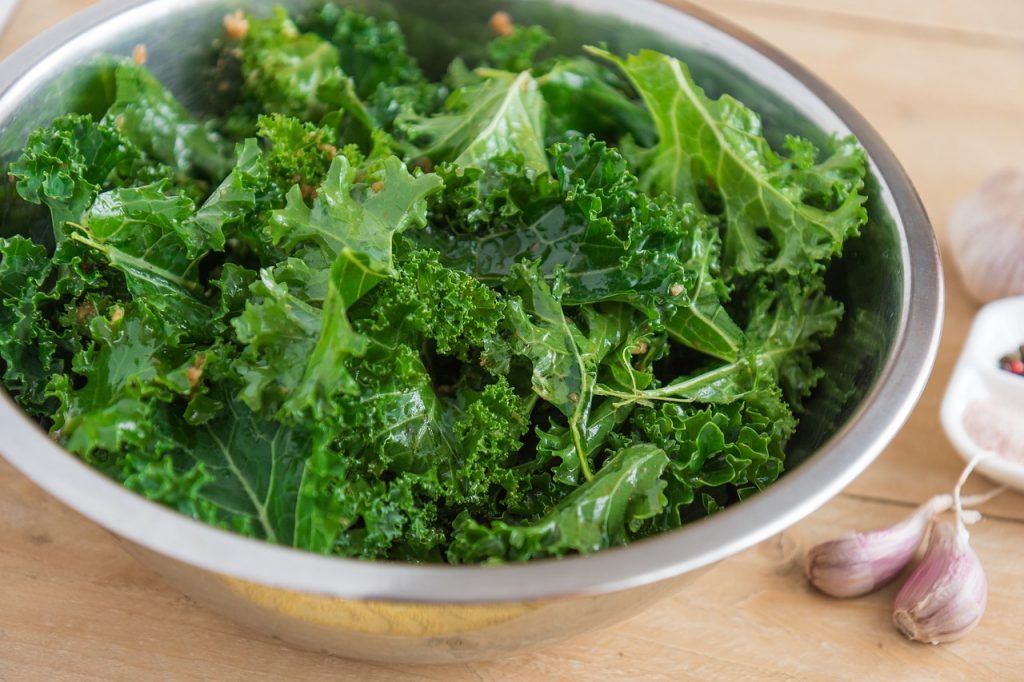Anemia is caused by different reasons, but iron-deficiency anemia is the most common. Iron is one of the main elements of heme. We can start with eating habits and health checks to avoid iron-deficiency anemia.

Boston, MA (Merxwire) – The global anemia problem is becoming more serious. According to the World Health Organization, 42% of children and 40% of pregnant women worldwide suffer from anemia. Malnutrition, infections, chronic diseases, menorrhagia, pregnancy problems, and family history can cause anemia. But did you know that most iron-deficiency anemia can be improved through diet? Experts suggest that maintaining a healthy and varied diet can reduce the occurrence of anemia.
Anemia affects around 2 billion people worldwide and has been listed as one of the six World Health Assembly global nutrition goals. Anemia is closely related to iron deficiency. The body’s lack of iron will cause fatigue, pale face, dizziness, shortness of breath, cold hands and feet, and decreased physical strength. It not only affects the quality of life but may even be fatal.
Iron deficiency anemia is preventable and treatable. Experts suggest that patients with symptoms of anemia can add more iron to their diet and pay attention to a balanced diet. For example, eat foods rich in iron, folic acid, vitamin B12, vitamin A, and other nutrients. Here are some recommended foods rich in iron for reference:
Red meat
Beef, lamb, and pork are iron-rich red meats recommended to be eaten at least twice a week. Each serving of beef (100 grams) contains 15% of the recommended amount of iron and can also provide vitamin B group, protein, selenium, and zinc. However, it is worth noting that too much red meat should not be eaten, and the World Health Organization has warned that Eating a lot of red meat and processed meat can increase the risk of bowel cancer.
Green vegetables
Vegetarians who cannot eat meat can eat more dark green vegetables such as spinach, kale, and beets, which are rich in iron. Besides that, they also provide other essential nutrients such as vitamins A, C, and K. Among them, kale is rich in iron and a good source of vitamins and minerals, so it is considered a superfood.

Liver
Animal viscera are rich in iron. One hundred grams of pork liver can provide about 10 mg of iron. Not only is it lower in calories than meat, but it also has a lower fat content. However, the liver is a detoxification organ, so it is more likely to have drug residues, and its safety is lower than that of meat products. Pay more attention to the source label when eating.
Seafood
Seafood is a good source of iron, such as oysters, clams, and some fish. A 100-gram serving of clams contains 11 milligrams of iron, and a 300-gram serving of cooked clams can provide a whopping 24 milligrams of iron. Certain fish species also have high amounts of iron, such as sardines, salmon, tuna, and mackerel. Specifically, canned sardines are relatively high in iron.
Finally, it is recommended that while supplementing iron, it can be eaten with vitamin C food to help iron absorption. And pay attention to avoiding eating calcium foods at the same time. Otherwise, the absorption rate of iron will decrease, and the expected effect will not be achieved. Of course, if symptoms of anemia appear, it is necessary to seek medical advice from medical professionals and conduct professional treatment to manage and improve anemia effectively.





